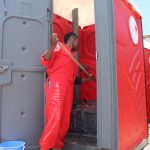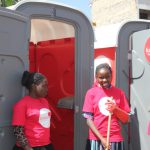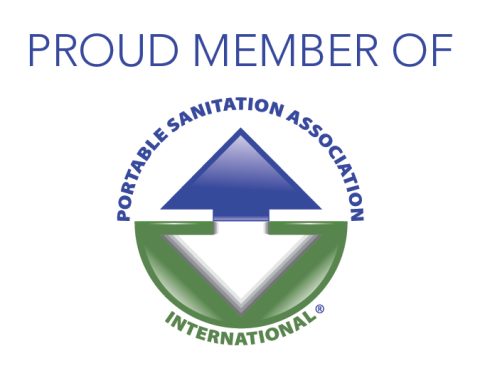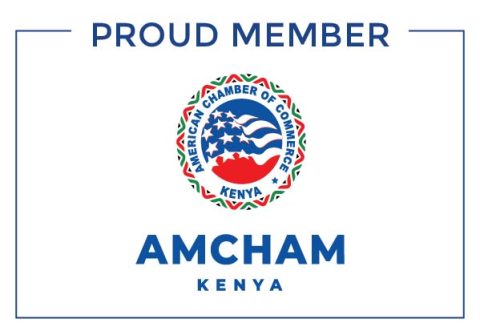In today’s fast-paced world, access to proper sanitation facilities is essential for maintaining public health and well-being. Unfortunately, many communities and events face challenges in providing adequate restroom facilities, leading to significant repercussions for public health.

Understanding the Sanitation Crisis: A Barrier to Public Health
The global sanitation crisis is a major public health challenge. According to the World Health Organization (WHO), over 2 billion people around the world do not have access to safely managed sanitation facilities. This lack of access to proper sanitation facilities has a number of negative consequences, including:
The spread of diseases:
Unsanitary conditions can lead to the spread of a variety of diseases, including diarrhea, cholera, and typhoid. These diseases can be deadly, especially for young children and the elderly.
Environmental pollution:
Untreated human waste can pollute water supplies and waterways, leading to environmental damage and the spread of disease.
Compromised dignity:
The lack of access to proper sanitation facilities can have a negative impact on people’s dignity and sense of well-being.
Mobile Restrooms: A Game-Changer in Public Health
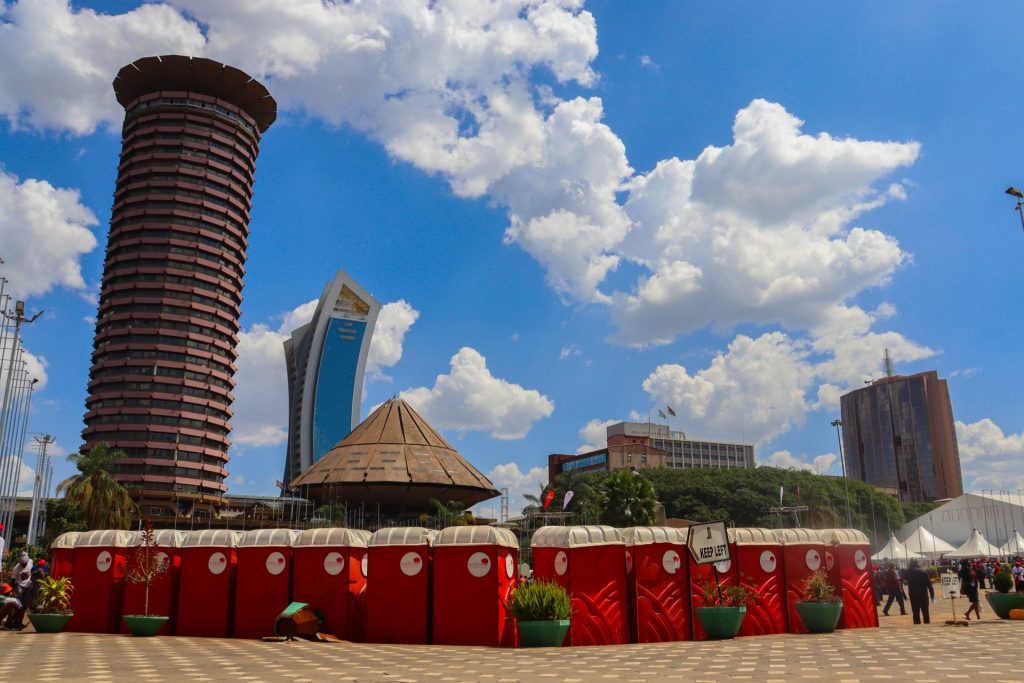
Mobile restrooms are a potential game-changer in addressing the global sanitation crisis. Mobile restrooms are portable, durable, and easy to install, making them ideal for a variety of settings, including:
Disaster relief areas: Mobile restrooms can be quickly deployed to disaster relief areas to provide much-needed sanitation facilities.
Construction sites: Mobile restrooms can be used on construction sites to provide safe and sanitary facilities for workers.
Outdoor events: Mobile restrooms can be used at outdoor events to provide convenient and accessible facilities for attendees.
The Karibu Loo Initiative, Pioneering Sanitation Solutions
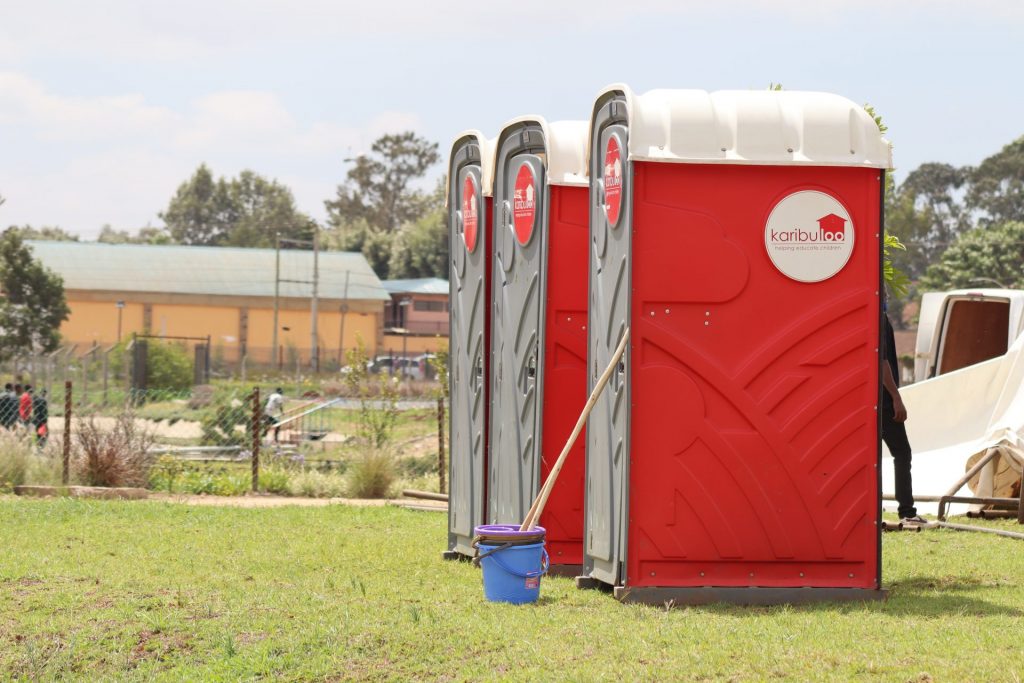
Karibu Loo is a groundbreaking initiative committed to improving sanitation infrastructure worldwide. Karibu Loo’s mission is to provide safe, hygienic, and accessible sanitation solutions to communities in need. Karibu Loo’s mobile restrooms are designed with sustainability and eco-friendliness in mind. They feature water-saving technologies, odor control, and accessibility options.
Public Health Implications of Karibu Loo Mobile Restrooms
Karibu Loo’s mobile restrooms have a number of positive implications for public health. They can help to prevent the spread of diseases by providing safe and sanitary facilities. They can also help to improve environmental conditions by reducing water usage and preventing the pollution of water supplies.
Success Stories and Community Impact
Karibu Loo’s mobile restrooms have had a positive impact on public health in a number of communities. For example, in Kenya, Karibu Loo’s mobile restrooms have been used to provide sanitation facilities for people displaced by drought. In the United States, Karibu Loo’s mobile restrooms have been used to provide sanitation facilities for construction workers and festival attendees.
The impact of mobile restrooms on public health cannot be underestimated. With the Karibu Loo initiative leading the way, communities, events, and disaster-stricken areas can now provide safe, hygienic, and accessible sanitation solutions. By embracing these innovative approaches, we can create a healthier and more dignified future for all.
Share your thoughts on the transformative power of mobile restrooms and the remarkable work of Karibu Loo in the comments below. Together, let’s champion better public health through improved sanitation infrastructure.

